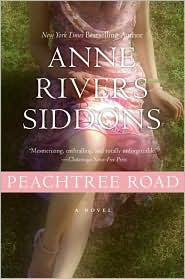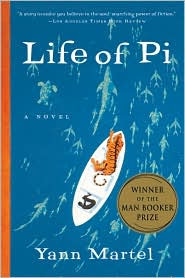 Jonathan Miles is the author, most recently, of The Dangerous Otto Katz: The Many Lives of a Soviet Spy.
Jonathan Miles is the author, most recently, of The Dangerous Otto Katz: The Many Lives of a Soviet Spy.For the Wall Street Journal, he named a five best list of books on the secrets of espionage.
One title on the list:
A Perfect Spy by John le Carré (1986)Read about the other books on Miles's list.Although a novel, "A Perfect Spy" reveals some deep truths about espionage and betrayal. The book has some basis in the author's own experience—indeed, le Carré has described the writing of it as an act of self-psychotherapy. In passages devoted to the childhood of the book's hero, Magnus Pym, we witness the shaping of a future agent as the boy's loyalties are pulled between a flashy father and a victimized mother. Studying his father's skills as a con man, while eavesdropping on abuse and dereliction, the young Pym becomes the apparently perfect—yet tragically imperfect—spy. In his split narrative, le Carré gives us a gripping manhunt even as he offers a work of penetrating psychology in which the soul of the hero is the contested territory.
A Perfect Spy is one of Philip Pullman's forty favorite books.
--Marshal Zeringue






































